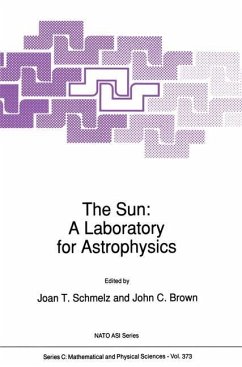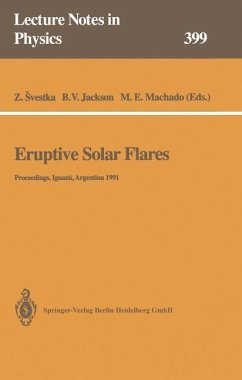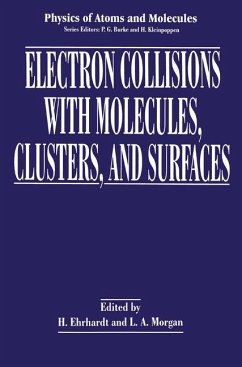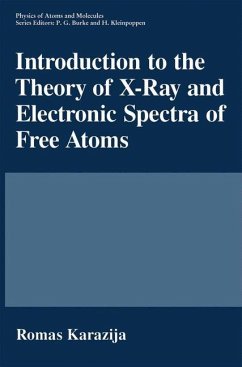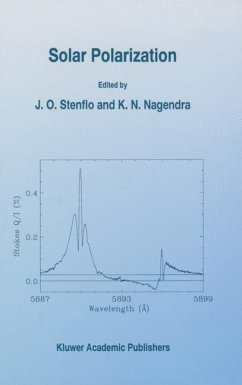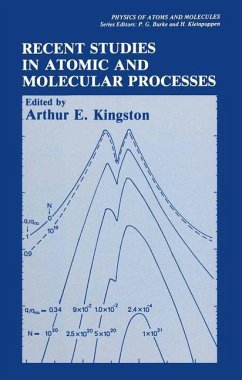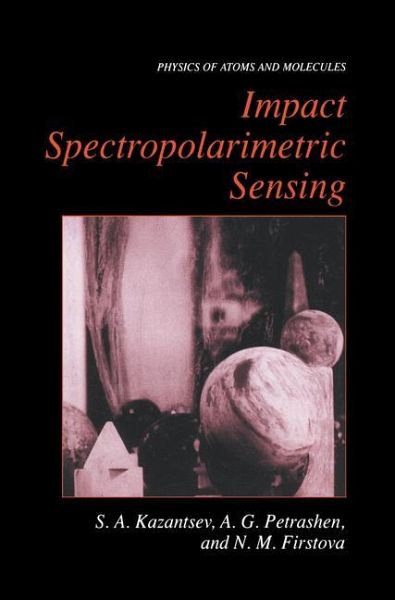
Impact Spectropolarimetric Sensing
Versandkostenfrei!
Versandfertig in 6-10 Tagen
151,99 €
inkl. MwSt.
Weitere Ausgaben:

PAYBACK Punkte
76 °P sammeln!
This book arises from the significant quantity of original results in the field of impact spectropolarimetry, mainly for solar flare studies, and the evident potential applications of this technique to environmental physics, astrophysics, and hot plasma. This is a practically oriented book, describing theoretical fundamentals and implementation of this new interdisciplinary remote sensing technique. A basic phenomenon for impact spectropolarimetric sensing is the polarization ofthe electron shells of an ensemble of free atomic particles (atoms, ions, molecules) due to collisional interaction. ...
This book arises from the significant quantity of original results in the field of impact spectropolarimetry, mainly for solar flare studies, and the evident potential applications of this technique to environmental physics, astrophysics, and hot plasma. This is a practically oriented book, describing theoretical fundamentals and implementation of this new interdisciplinary remote sensing technique. A basic phenomenon for impact spectropolarimetric sensing is the polarization ofthe electron shells of an ensemble of free atomic particles (atoms, ions, molecules) due to collisional interaction. Slow collisions in the presence of internal anisotropies in the relative velocity space inside any ionized medium, as well as bombardment of a diluted gas by fast precipitating light projectiles, are analyzed in detail as principal impact polarization mechanisms. Impact spectro polarimetric sensing incorporates state-of-the-art theoretical methods of colli sional physics in combination with reliable polarimetric measurements. This technique is illustrated by the new quantitative sensing of energy transport to the upper region of the chromosphere during solar flares, making use of ground based solar spectropolarimetric observations. Apart from general astrophysical and solar-terrestrial significance, a solar flare, the brightest nonthermal phenomenon, is a good candidate for the demonstration of new opportunities of impact spectropolarimetry. New astrophysical achievements of quantitative spectropolarimetry are particularly considered in this book. The theoretical part presents a quantum mechanical description of impact polarization and the spectropolarimetric manifestations for different energies of the colliding partners.





